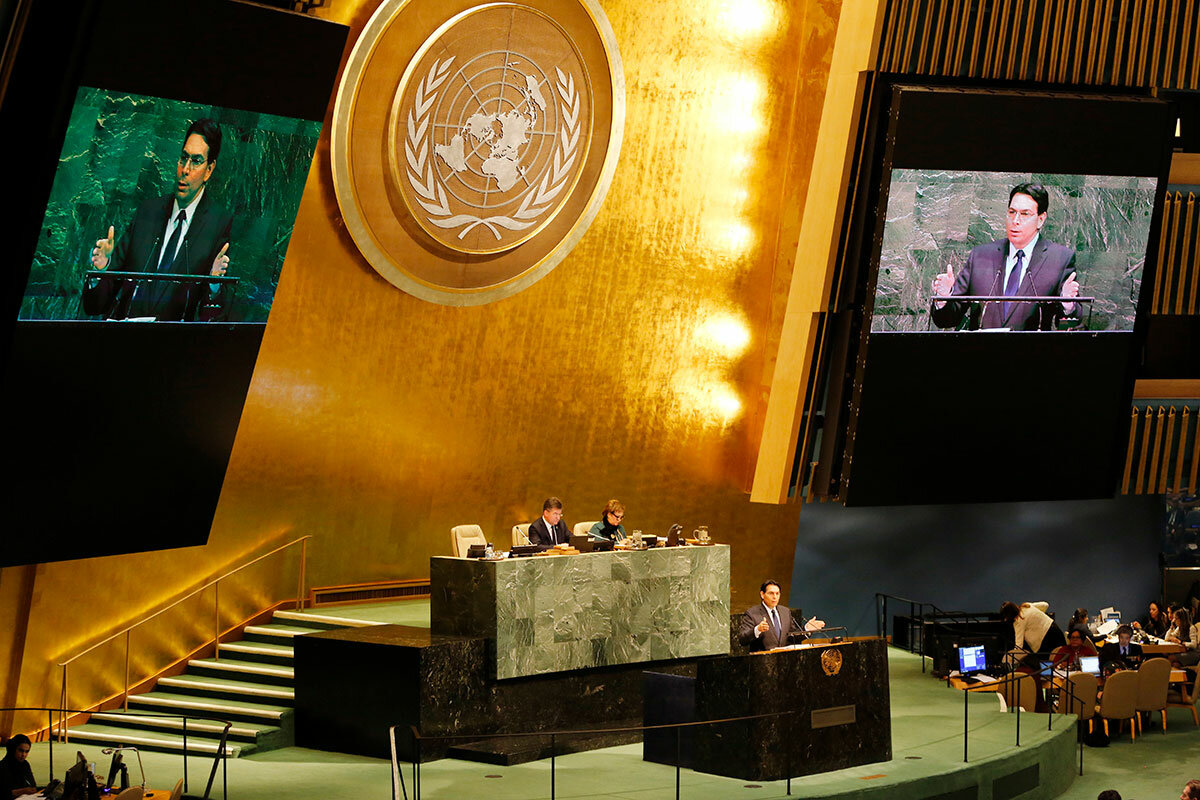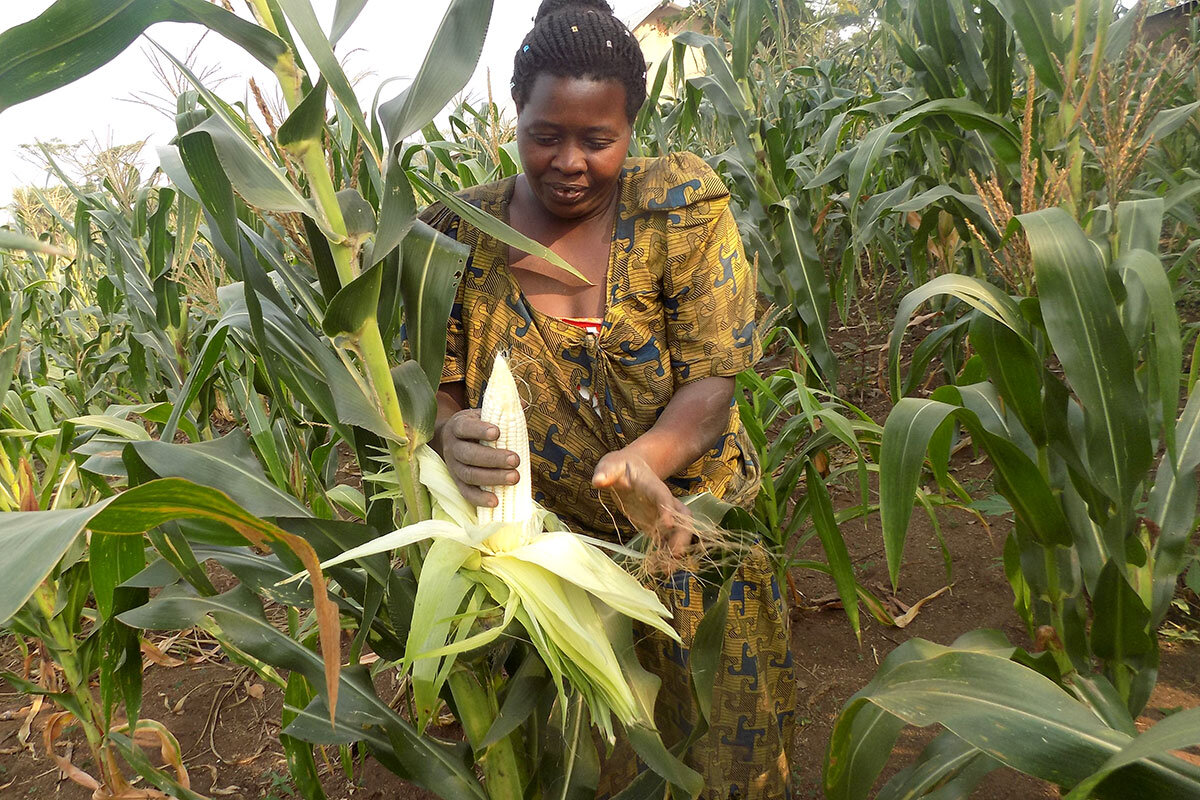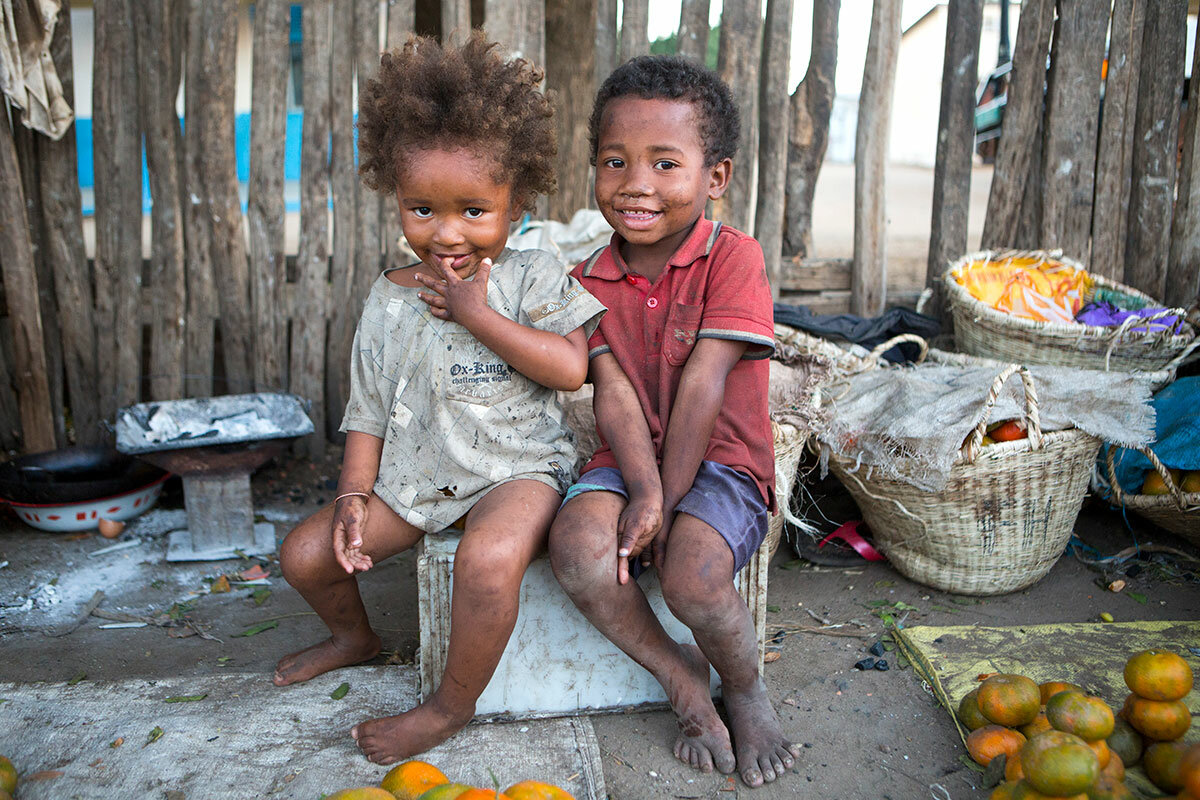A threat by President Trump – repudiated even by allies – seemed to suggest that US international relationships are a one-way street: The United States gives; others receive. But the traditional view is that the US gets something back, too, in key regions of the world. Is it willing to give that up?
Monitor Daily Podcast
- Follow us:
- Apple Podcasts
- Spotify
- RSS Feed
- Download
 Clayton Collins
Clayton Collins
It can be hard to keep optimism as your default outlook.
The Associated Press just released its list of “top stories” for 2017. Based on a poll of US editors, it runs from sexual misconduct to shootings to mega-storms. Islamic State barely made the list. The plight of a half-million Rohingya children did not. Nor did the doubling of the number of broken-off icebergs in the North Atlantic since last year.
So where might credible optimism take root?
Maybe close to home. One new poll finds that amid deep pessimism about national and global affairs (and about political division), roughly half of Americans – both Republicans and Democrats – report feeling optimistic about their local communities. That means … about people.
Consider a story from this week. Carmen Fariña is preparing to retire from her post as New York City’s schools chancellor. She came out of retirement at 70 four years ago and presided over what’s been hailed as a remarkable period of progress – a rise in both quality and equity.
A New York Times report cites a letter in which Ms. Fariña writes: “[I] took the job with a firm belief in excellence for every student, in the dignity and joyfulness of the teaching profession, and in the importance of trusting relationships where collaboration is the driving force.”
Dignity, joy, and trust. In one individual’s guiding philosophy, reason for hope.
Now to our five stories for today, chosen to highlight the mutual benefits of respectful relationships and the wisdom of smart – sometimes sweet and savory – adaptation.










